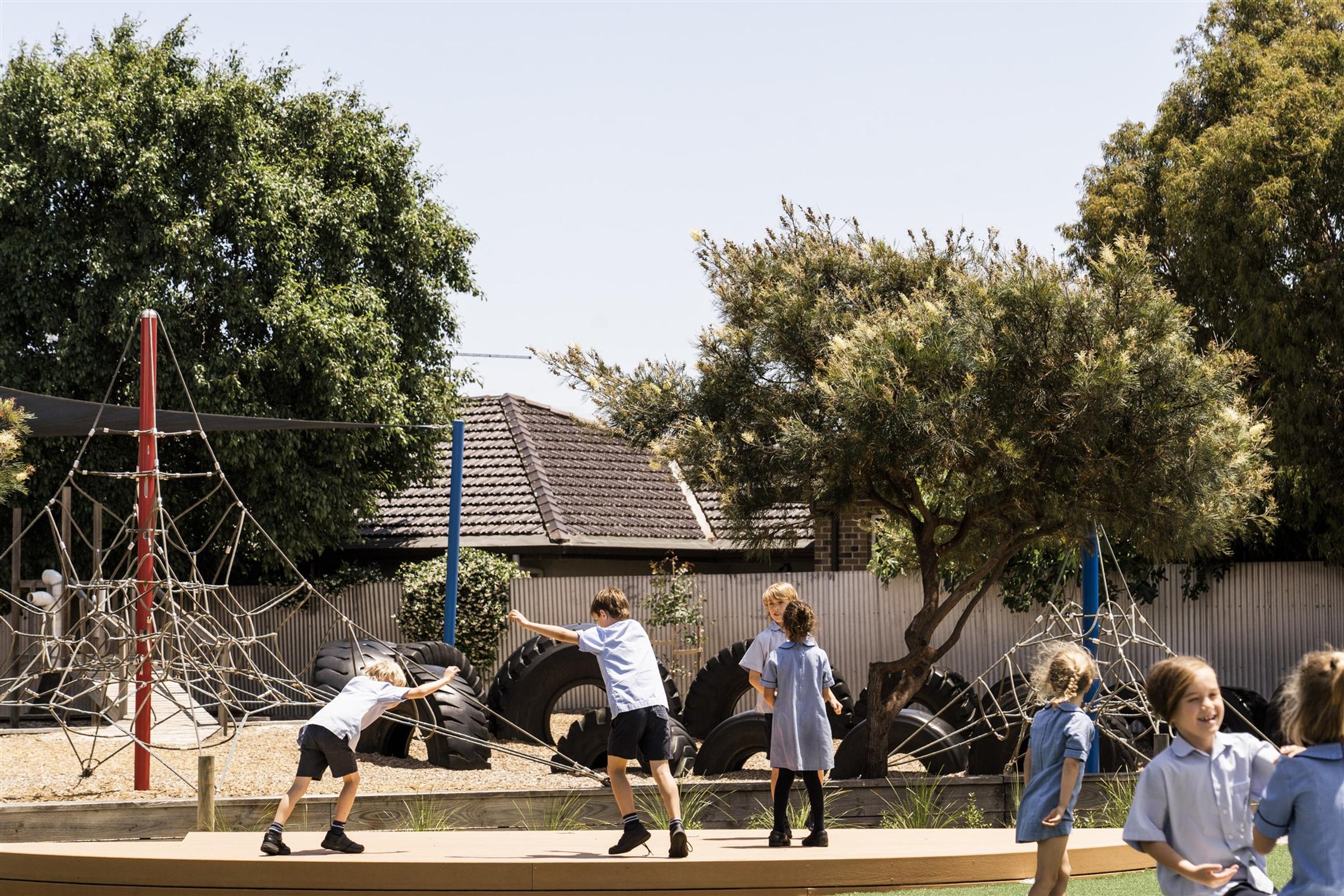Wellbeing
Josy Reeder

Wellbeing
Josy Reeder
The end of the educational year brings changes, both big and small, for children, young people and adults.
Be You In Focus Webinar: Transitions – preparing children and young people for change (Please click to watch)
Adults use their experience and existing knowledge to predict what changes may be like, and how it may affect them and can develop strategies to help them adjust and cope.
Children and young people don’t often have as much prior knowledge or experience to draw on which can make change more difficult and challenging.
Transitions are best described as change: a period where we must adapt to new circumstances, expectations, people, environments or routines.
Transition involves more than the first day in a new situation – it’s happens over time both before and after what we think of as the ‘big’ day. How quickly children and young people adjust varies.
When thinking about types of transitions for children and young people we might consider:
However, small transitions are happening every day for children and young people: saying goodbye to family in the morning, stopping one thing and starting something new, moving from one room or building to another.
Transitions also occur in home life: moving house, going on holiday, the birth of a sibling, family changes, separations or bereavements.
These early years’ experiences can influence how we approach and cope with transitions throughout life.
Children and young people often communicate their feelings through behaviour. They rely on the adults around them to understand, acknowledge and interpret their behaviour, and provide a safe, secure, predictable space for them.
Transitions are successful when children and young people feel confident, secure and included – and these are all important protective factors for children’s mental health and wellbeing.
We build resilience by learning and developing social and emotional skills – including coping skills. With these skills we manage life stressors, grow confidence and willingness to try new things, and seek and accept help when required.
During transitions, things we can do that provide the most positive experience for children and young people, maintain and grow relationships, and reduce routine disruption and stress include:
Better Place Australia is currently funded to provide programs listed::


Please call for more information on 9556 5333
NOW TAKING NEW CLIENTS
NO WAITLISTS


Hello from the MOIRA Allied Health Team,
We have exciting news! We have new OT’s starting at the end of July who will be ready to support your students.
To get started, complete our online referral form linked below:
MOIRA Allied Health Referral Form
Occupational therapists work with children and young people of all abilities to support participation at school to achieve their best outcomes from their education. Each person is an individual, so their needs will be to. MOIRA’s occupational therapists conduct assessments to identify individual goals, strengths and barriers to learning, then recommend strategies or changes to the environment to increase a student’s capacity to participate.
AP is a newly established private practice, that aims to improve the quality of life for individuals and families. Even though our psychologists have years of experience, as we are a new practice, we have immediate availability for referrals for therapy and assessments, available both face-to-face and via Telehealth.
AP provides assessments for Specific Learning Disorder (such as Dyslexia, Dysgraphia, and Dyscalculia), Autism, and ADHD for clients of all ages. We offer therapeutic services for a range of mental health conditions commonly present in children, adolescents, and adults, such as emotional dysregulation, anxiety, depression, stress, sleep issues, inattentiveness, and challenging behaviour. We work closely with individuals as well as the whole family to develop healthy and sustainable long-term coping mechanisms in order for them to thrive in all areas of their lives.
Director and Principal Psychologist
Advanced Psychology
Suit 1.04 71 Queens Road, Melbourne 3004
Phone: 0479069648
Email: lindakollind@advancedpsychology.net
Web: https://www.advancedpsychology.net/
Josy Reeder
Learning Diversity/Wellbeing Leader